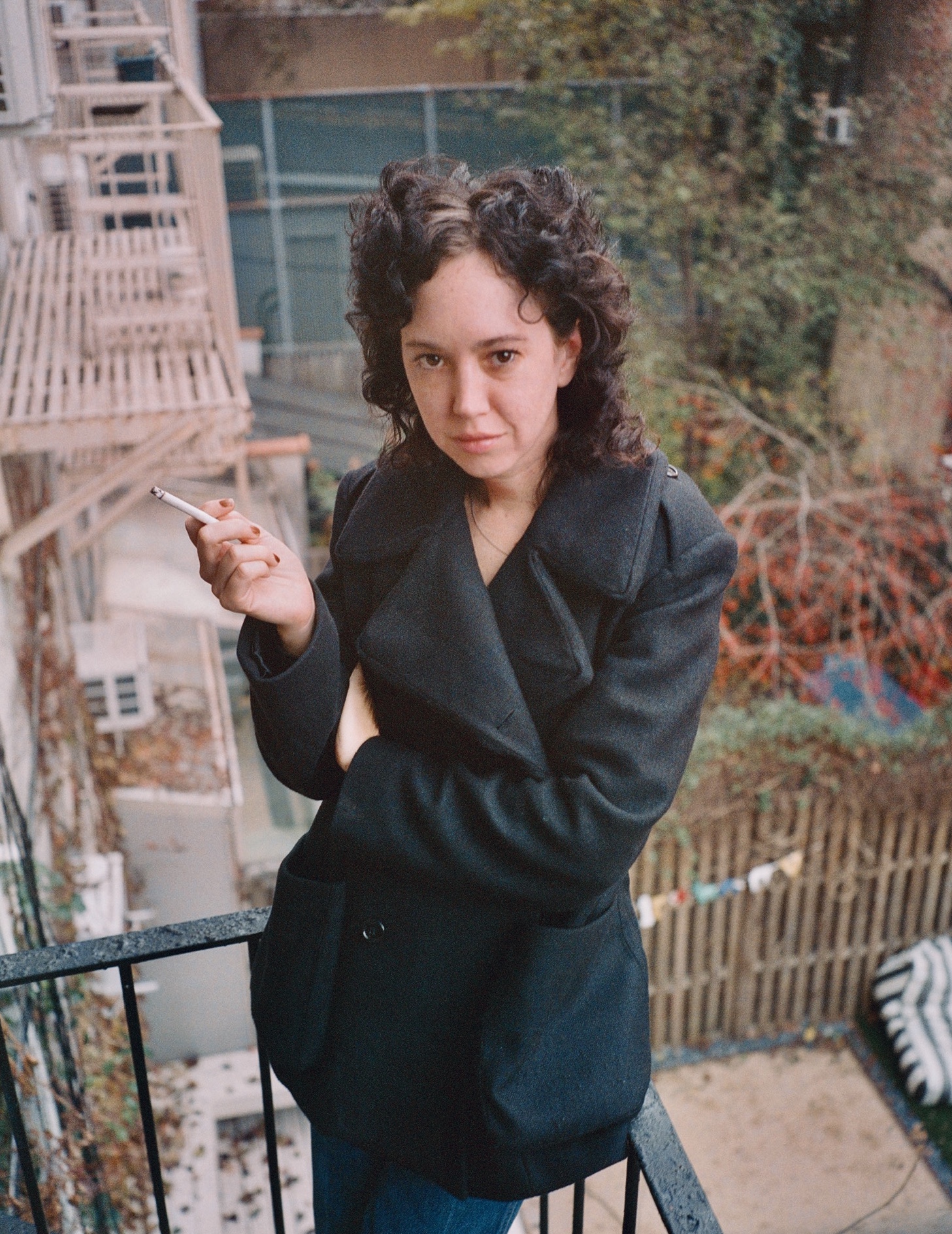
Whatever you’ve heard about Natasha Stagg is untrue. When we met at her studio apartment in the East Village, we talked about memes, Paglia, the internet and where to get furniture that isn’t mid-century modern. She’s focused on writing but not the kind you think—she’s interested in words and their meanings, specifically the architecture of them. It’s different. We spoke about the politics of living in a world, or I guess a city, like New York, and the people who try to remain neutral despite exercising a politic in everything they do. In her new book, a collection of essays titled, Sleeveless: Fashion, Image, Media, New York 2011–2019, Stagg surveys a few interests that became obsessions when she wrote through them to try and reach someone else–a friend? Or maybe herself. In a space like ours, we sometimes forget what we were willing to give away to get what we wanted. And Stagg is ready to share what she’s seen and heard.
What parts of your book have you not spoken about yet? I’ve never thought about that. It does feels like the interviews that I’ve done so far have an angle—and it’s one that I wouldn’t have expected, where the interviewers ask, “Who is this person? This New York City It-girl.” And it’s absolutely not how I feel about myself and not how any of my friends feel about me, so it’s become this weird joke where my friends are like, “you’re the it-girl”. I feel more like a member of the press when I’m at the party or an exclusive gathering. It’s hard for me to get a lot of attention and I don’t think that I demand it in the way I used to or the way that I try to present myself now.
What does being press mean to you? It’s a class–it’s another entrance, one that I identify with more than as a guest of the party. You have access but it’s because you’re doing something for someone and there is a transaction involved. I have never been comfortable with being invited to something because I was cool–there has never been a time when that happened.
What does it take to get you into the room or to observe it? I’m more using the idea of a party as a stand-in for the gatekeepers and cultural events–just the idea of someone showing up to something or as simple as someone leaving their house. In New York, you walk outside, and you have this feeling that the world is asking for something from you, and I think that’s very specific to this city. Like the city is asking, what do you have to offer us? You’re here, you’re paying all of this money for your apartment, you’re obviously trying to accomplish something or you wouldn’t be putting out so much effort, so what is it? What do you have?
What did you move to New York expecting to give? I always wanted to be a writer and be considered someone who was a writer. I didn’t necessarily want to be press, but I had this romanticized idea of what a writer is and assumed that I’d get a job in book publishing.
What is your relationship to Trump? In Consulting, you talk about the Real Housewives of New York City and the line blurring for you in terms of being on a “right side” politically. When you started watching the series it felt like “a cloudy little window into a ridiculous world,” and then you go on to talk about his use of grammar. [Laughs] Yeah, I go back and read stuff that I wrote at the beginning of the election or anytime throughout the early days of this presidency because of the how everyone was acting once Trump was sworn in, and feeling frantic and they were trying to hold onto some semblance of sanity or truth. Where they were like, “whatever we do we have to remember what it was like at a certain point before he was president,” and it didn’t work. We’re living in a completely different time now where everything has changed and the way that we think about politics is so dismissive compared to three years ago. It’s crazy that the most hysterical people at the time of the 2016 election were probably right, when they said, “the world is going to change its reality and we’re going to have to learn a new language, remember what it was like to have this calmness around you.” I realized that I better start writing the way I felt about that moment. I had also just started a residency shortly after the inauguration.
That makes sense–there’s something very insular about a few of the essays and it was unclear who you were writing to. It seemed so personal. You’re talking to someone but who do you think that person is? It’s how I have conversations with friends, but maybe since I had more time to think out what I was trying to say it sounds a lot better than if I’m just talking to someone casually. At the time of the residency, those conversations were mostly had with strangers. We all had the same agenda of trying to work on our own shit and leave each other alone, but at the same time feeling really weird that this massive shift just happened. We had signed up for it a few months before the election and weren’t expecting the outcome at all.
You talk about language before the internet in the chapter To Be Fucked, where you write, “Straight men are obsessed with sex, gay men are obsessed with form, and women are obsessed with themselves. The internet is an obsessive habit,” but what are you obsessed with? Me? I’m obsessed with myself probably. I don’t know–I’m obsessed with a lot of things.
Like what? I’m obsessed with language and writing. I think about language in the way that you were talking about it–architecture and design is a language–and astrology as a religion or a belief system. And how they’re languages and I feel very under-read and that I don’t know a lot about any of these things necessarily.
What do you know? I’m obsessed with the worlds of publishing, art, and fashion—in New York City these are learned languages and communities and I’m interested in how people can exist in them. And what one has to learn in order to be there, as well as what they have to ignore. That’s what is also intriguing about politics right now, there are so many conversations where people are ignoring certain facts on all sides, whether it be your friends or people on television. I’m interested in how people live in the vacuum where they believe that branding and social media isn’t affecting them, and so many people claim to not be participating and I tell them that they are regardless of what they claim.
Are you obsessed with fashion? If you like fashion now you’re made to be a horrible person because the world is ending, and the Amazon is on fire. If you’re interested in fashion, there’s this assumption that you’re supportive of the construction of new items and that’s not why it’s compelling for me—I’m interested in the way people communicate architypes of themselves. One has to wear clothes. There’s something about the branding and the label. It makes me feel like I can access the thing that was at one point inaccessible to me. The David Lachapelle Interview Magazine cover with Lil’ Kim coated in Louis Vuitton logos is so fascinating to me as a moment in history—she isn’t wearing any clothes, she’s taking on a symbol.
Didn’t that cover come out in the late ’90s? Like 1999? At the height of Rap and R&B culture, blackness transcended symbols and designer culture and itself became the logo. An aesthetic people inquired about and wanted to try on. Right, because when they were thinking about the cover of the magazine at that point, they were thinking about what’s most important–the Louis Vuitton 2000 F/W collection or Lil’ Kim’s body–obviously you’re going to choose her body. It was a turning point in fashion because celebrity was taking over at the same time and black people were making more important strides in music but were not connected to fashion, so there had to be a switching of the guard. Thinking about the idea of the logo being unattached–at one point you see a logo and you think, this symbol is communicating to me that the item it is attached to is high quality, and the next moment you see the logo on a t-shirt, but there’s no way that the t-shirt is better quality than any other, but I still want it because of the logo.
You talk about this in Good-looking People where you talk about all of your ninth grade class wearing Abercrombie. I never bought A&F, the only time I got it was when I went to someone’s birthday party in the fifth grade and they gave us t-shirts as souvenirs. Yeah, I mean the early 2000s were about stratifying brands. Especially with Marc Jacobs, he did it in the most ridiculous way, where Marc Jacobs was the top line, and then Marc by Marc Jacobs and then Jacobs by Marc by Marc Jacobs and there ended up being like five lines. One became a store for tourists or kids who thought, “I’m visiting New York and I want a Marc Jacobs thing.” It’s literally as cheesy as a Times Square souvenir store with keychains and lip gloss, but it’s Marc Jacobs.
Yeah, it’s like, what are you actually buying? You’re buying a product that is advertising to the rest of the world that you are in line with that brand. And so you are paying to be an advertisement for someone else.
And that’s why I’ve never been into logos. I have–I’ll admit it. I used to love Moschino, Gaultier and Calvin Klein and all the t-shirts I could find in thrift stores where I felt, I know what this is and I’m going to buy it. I feel a connection to it, and it feels like certain people won’t get it and that’s what is fun.
Sure, on some level it serves as an inside joke. That’s why I enjoy vintage clothing, if not for the silhouette then for the quality. Or, to be quite honest, for the exclusivity of the item. For my entire life, I’ve never shopped for new things. It’s always been more about what kind of vintage thing would be most interesting in a new context like today’s. I feel like, with the streetwear movement specifically or fashion that’s for the sake of fashion, it’s not about luxury or quality as much as it is about showing people that you understand fashion.
Yes, I have this theory that we’re in the age of the aesthetics of the aesthetic. Exactly! Even in the way that we talk now, everything is a meme. I saw one recently about how you would say something ten years ago versus how you would say it today, including a quote from Paglia. The 2019 way of talking about something is pseudo academic, and that goes with this layering that I can prove to you that I have this knowledge of the history of fashion and what it represents.
Yes, displaying this shorthand of knowledge. I’m interested in what’s relevant, or the study of relevance. I’m shopping for furniture for my new apartment right now, and I’ve never thought about what type of furniture I like, but when I’m looking at New York vintage stores, every single one has the phrase “mid-century modern” in the sign. So that’s become something that I don’t want because it’s so saturated.
I try not to submit to relevancy and instead take note and actively go the other way. That’s another form of knowing what’s relevant though. Sometimes I look at people on the train and I think, wouldn’t it be great to feel comfortable not reacting to what’s going on right now but just going with it? I’ll see certain tropes that suddenly I’ll feel really great and comforted and I don’t know why. Sometimes I’ll see a girl with a Long Island accent, with a Tiffany bracelet and Tory Burch flats . . .
Yes, she’s a native… Right? And Dooney and Bourke purse, all of the things that you need that are all delicately branded. And I know better than to buy into whatever that is without having some sort of irony or cynicism going on in my mind, and it makes me jealous that some people can.
Why did you date your book from 2011-2019? That’s when I moved to New York.
So, it’s not collection of essays to close out the 2010s? No, I also didn’t come up with the title, Chris Kraus did. I came up with a long list and she whittled it down and then she came up with the subtitle, which I love. She was like, “it needs this–it’s a collection and needs a time period.” I don’t think I would have thought much about it.
I think the date is what makes it it-girl worthy. [Laughs] I wouldn’t know what that means.

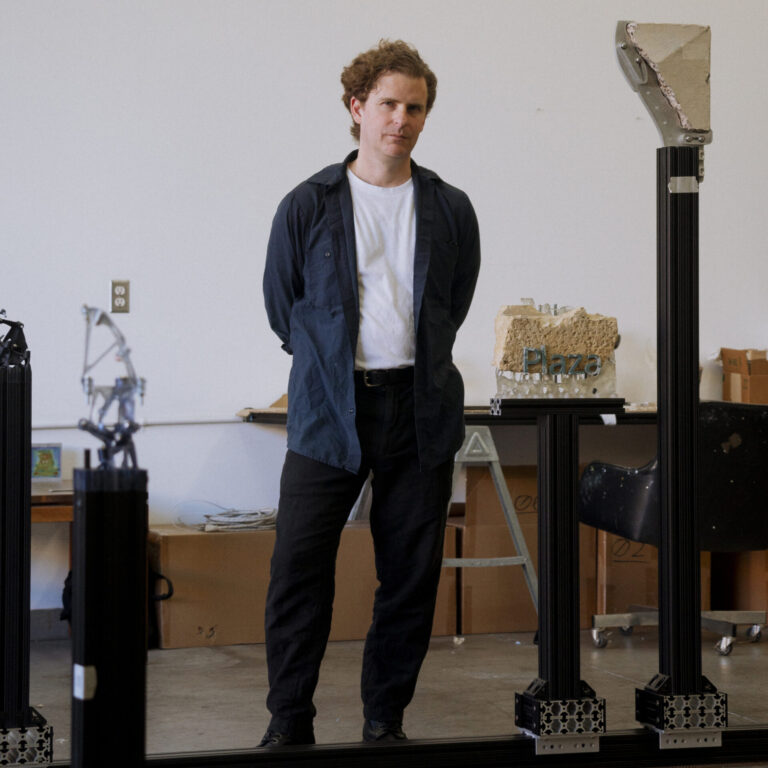
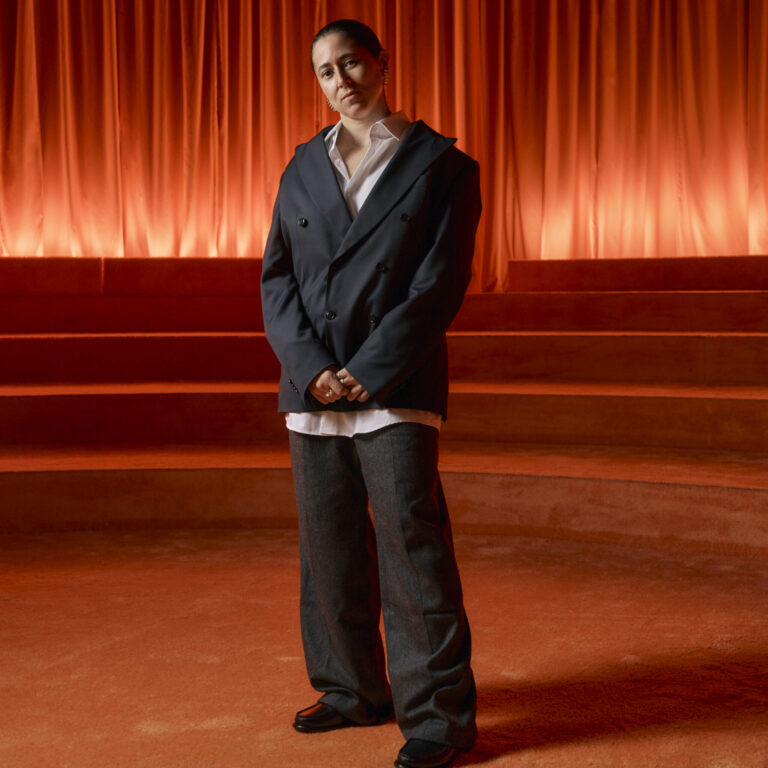
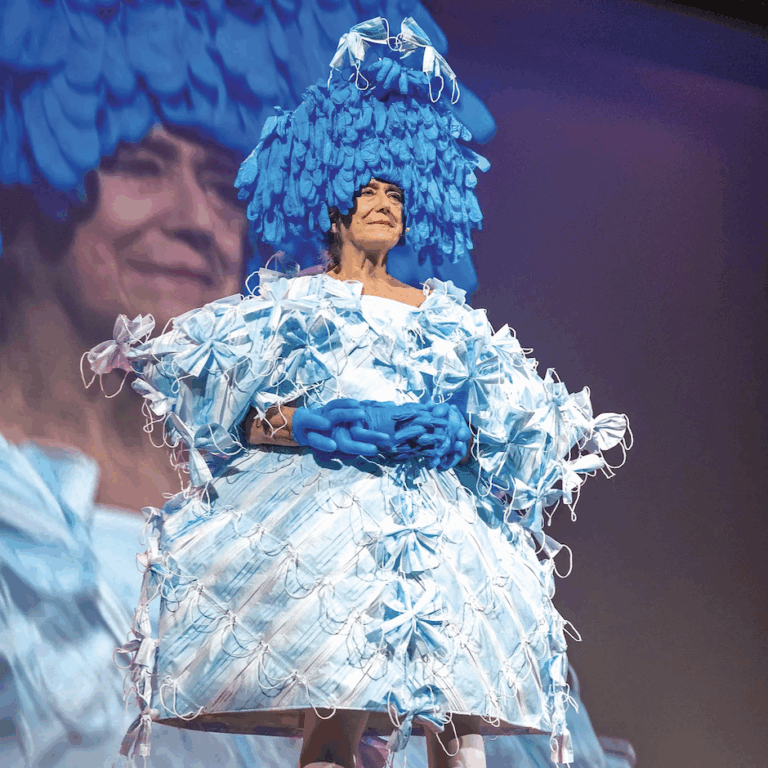
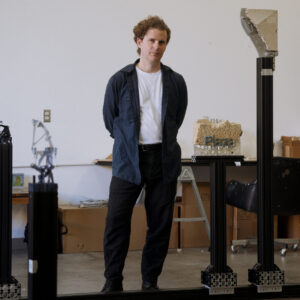
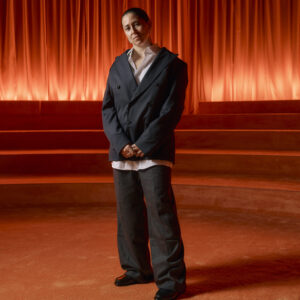
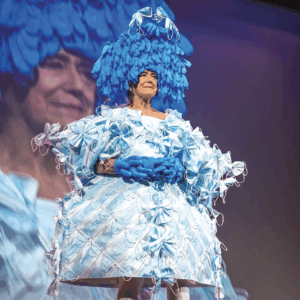



 in your life?
in your life?

